Along with calorie calculators, in this article, we’re going to talk about calories and food groups in general, and why things work the way they do. There’s a problem with calories being misunderstood by the general public.
I feel I’d be remiss if I didn’t clear all this up. I’ve talked about calories before, so this is a bit of a retread for anyone who’s been following us. Given what calorie calculators do, and the mindset usually held by people going into this, it’d be harmful if you weren’t adequately informed from the word go.
Please pay close attention to everything I say here because it’s very important. Messing nutrition up can make your workout less effective. It can make your health decline. It can affect your mood and disposition
Dietary Scapegoats
First thing’s first. Various nutrition magazines, blogs, and so-called experts over the years have tended to pick some food group or component of nutrition and vilify it to the point of near or complete exclusion.
Old favorite victims include fats, carbohydrates, sugar, caffeine, and red meat. Currently, for some reason, the big target is gluten. When it comes to fitness advice, anyone who says, “this compound deemed harmless by the academic authorities is terrible for you” or “this food group is absolutely horrible for you” is probably not making it a priority to give you the full story.
There’s no such thing as a food group that’s flat out bad for you or one that’s safe to exclude from your diet completely. This includes complex carbohydrates, various fats, proteins, dairy, vegetables, you name it.
Why am I taking the time to harp on this, you may be asking? Well, it’s pretty simple – when you go to balance your calories later on, never exclude some stereotypically scapegoated food or food group entirely just to get the calorie deficit you’re trying to achieve.
Remember, fats are essential for proper organ function, nerve function, and skin/hair/eye health, as well as cognizance, among other things. Carbohydrates are crucial for body fuel, as your cells burn these compounds to perform their tasks. Vitamins and minerals are vital electrolytes and chemical markers for various bodily functions.
Protein is vital to rebuild your body’s cell loss and any damage or strain your workout provides. Healthy protein intake also slows aging (within reason) and provides more vitality.Fiber is crucial for digestion, and the calcium from dairy is critical to skeletal and joint health as well.
Understanding Calories
What exactly are calories, though? This is another misunderstood thing. People tend to equate calories with “negative points” associated with food. The more calories, the less healthy it is. This misunderstanding leads to very destructive and unhealthy approaches to calorie counting. So, let’s demystify calories a bit.
Calories are basically just units of energy inherent to a food. These calories are used as energy release, protein quantities, or become stored as body fat when we’re not at a calorie deficit. Inherently, no food nor calorie count for said food is good nor bad. It’s just the biochemical nature of that food and nothing more.
Calorie Deficit
Knowing that, let’s explore calorie deficit a bit. When you’re trying to stay in shape, lose weight, or build your body, you want to maintain what’s known as a calorie deficit. This is the state of burning more calories than you’re taking in at any given time. Thus, you burn these calories in your workout, rather than them turning into body fat that your body stores for later use.
Calorie Deficit Vs. Weight Loss
Now, you may be thinking that to lose the flab, you need a more extreme calorie deficit. While your deficit criteria are likely to be stricter than someone already in shape, going to the extreme can be far from constructive. In fact, it can cause your body to think it’s being starved. Because of this, it will work harder to be thrifty with your body fat, slowing your weight loss down intensely. This can also result in some toxic malnutrition.
Calorie Calculators
So, where does a calorie calculator come into this? Well, after you consult with a physician and a fitness expert, you can use a calorie calculator to plan your workout and your balanced diet.
These calculators make annoying math a lot less of a hassle. They allow you to input the calories you’ll consume, along with biometric information your doctor provides, and your intended workout regime. The calculator can tell you what’s too much intake, and what’s enough workout.
You need to understand the importance of the food groups, the meaning of calories, and the fact that everyone’s body is different when you use these calculators. You still have to have the good sense not to cut things out too much, and to balance caloric sources, not just the plain numbers. It’s your body, not your tax return form!
Curbing Appetite
If you’re one of those people with an appetite due to high metabolism or just mental makeup, you can do things to curb your appetite. These include steps like increased protein intake, higher-fiber diets, and putting a bigger focus on your hydration, as well as spacing your meals out a bit more strategically.
Bottom Line
The bottom line is that you can achieve all of this in a much more precise way if you use a well-designed calorie calculator. Balancing nutrition and weightloss can be hard, using a calorie calculator can make it easier to keep track of the numbers. To learn more, follow us on Facebook today!
The post Balancing Nutrition and Weightloss With A Calorie Calculator appeared first on Gaspari Nutrition.



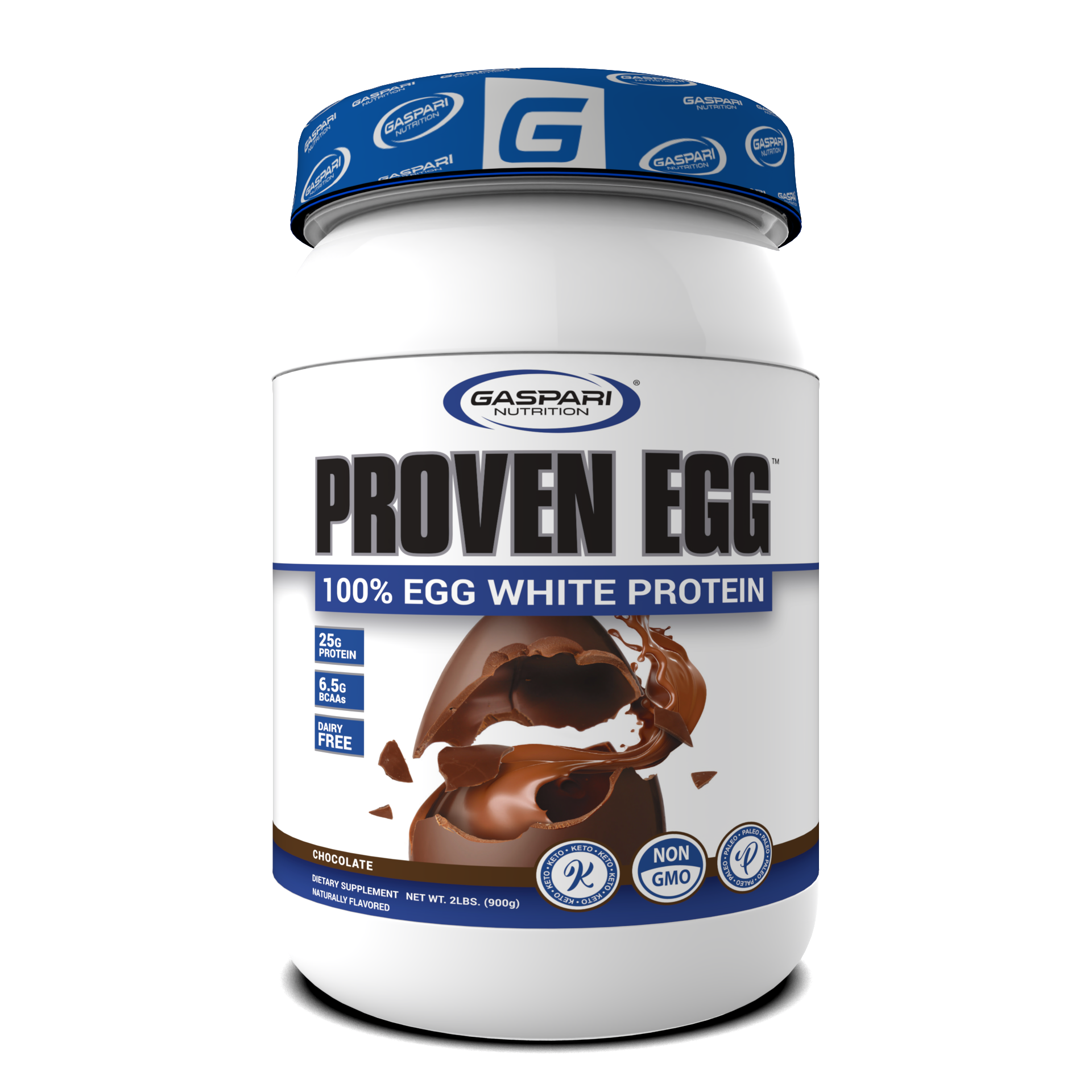



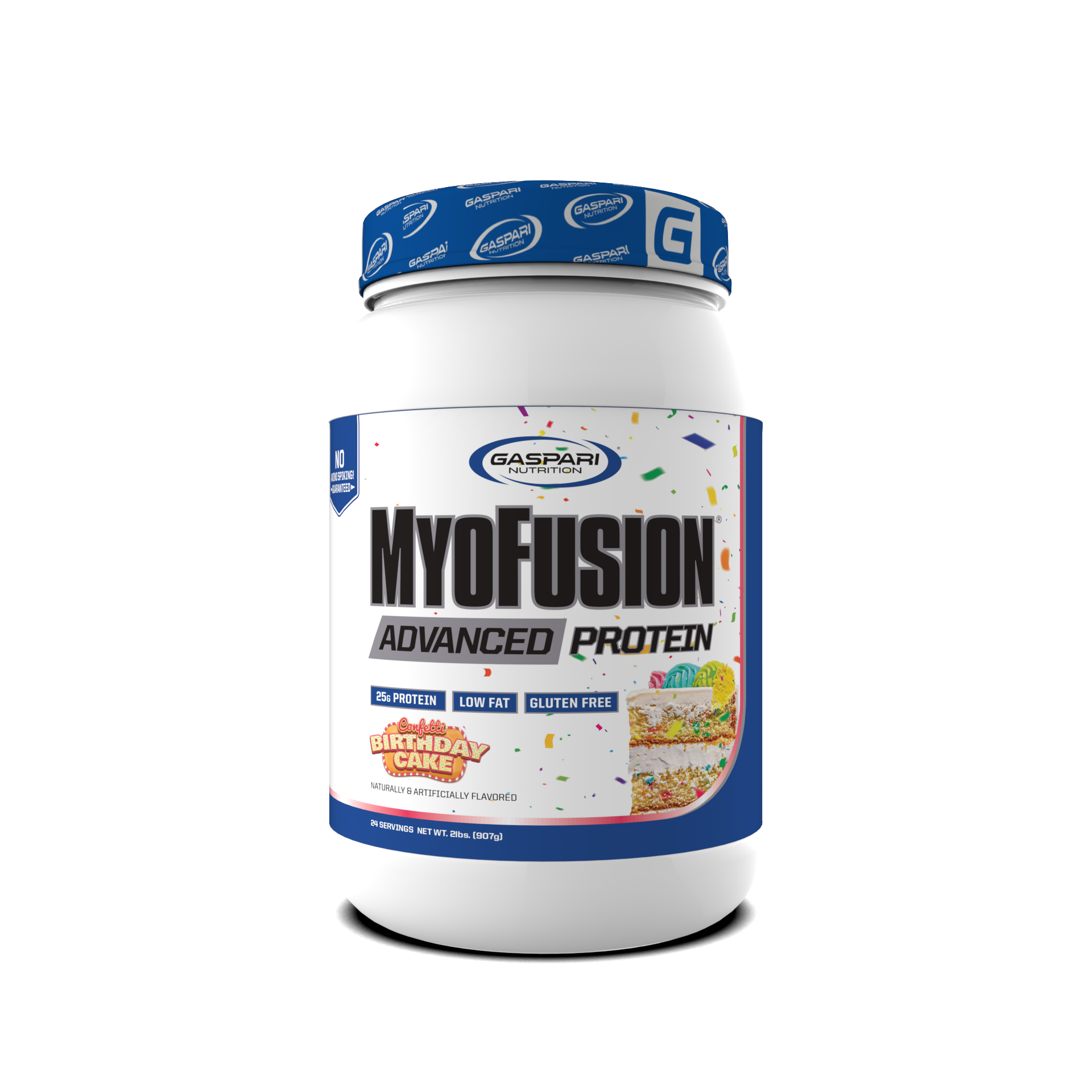



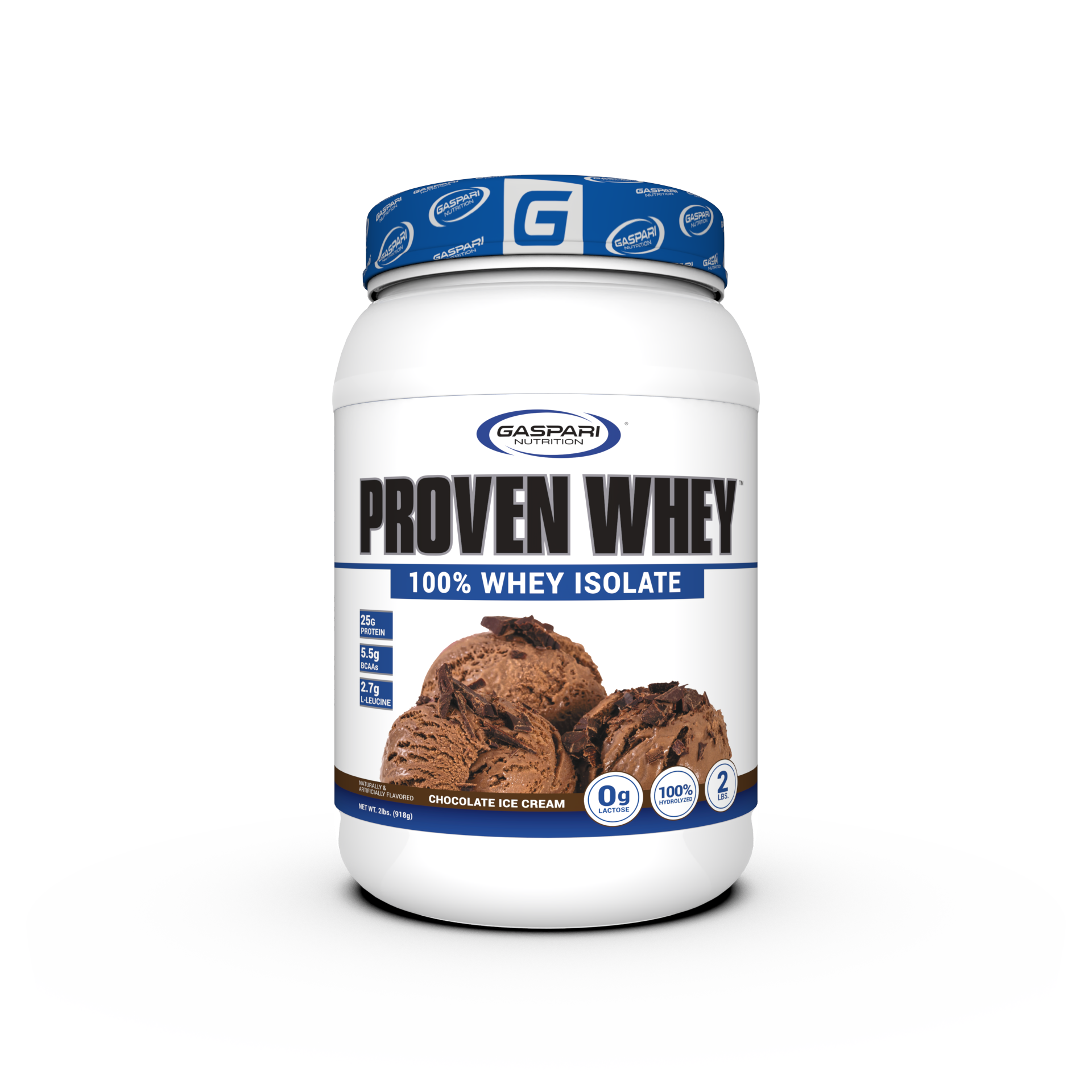




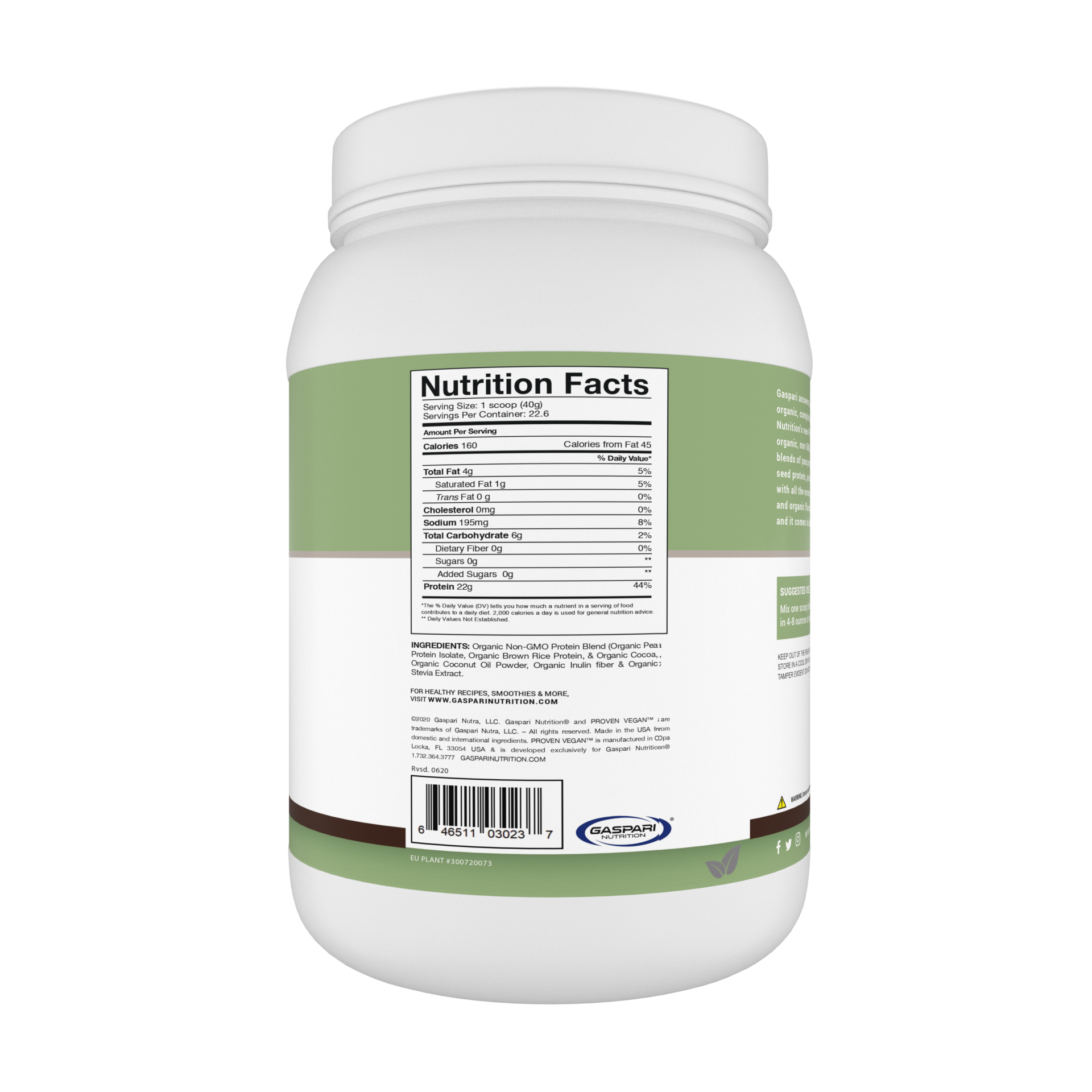






















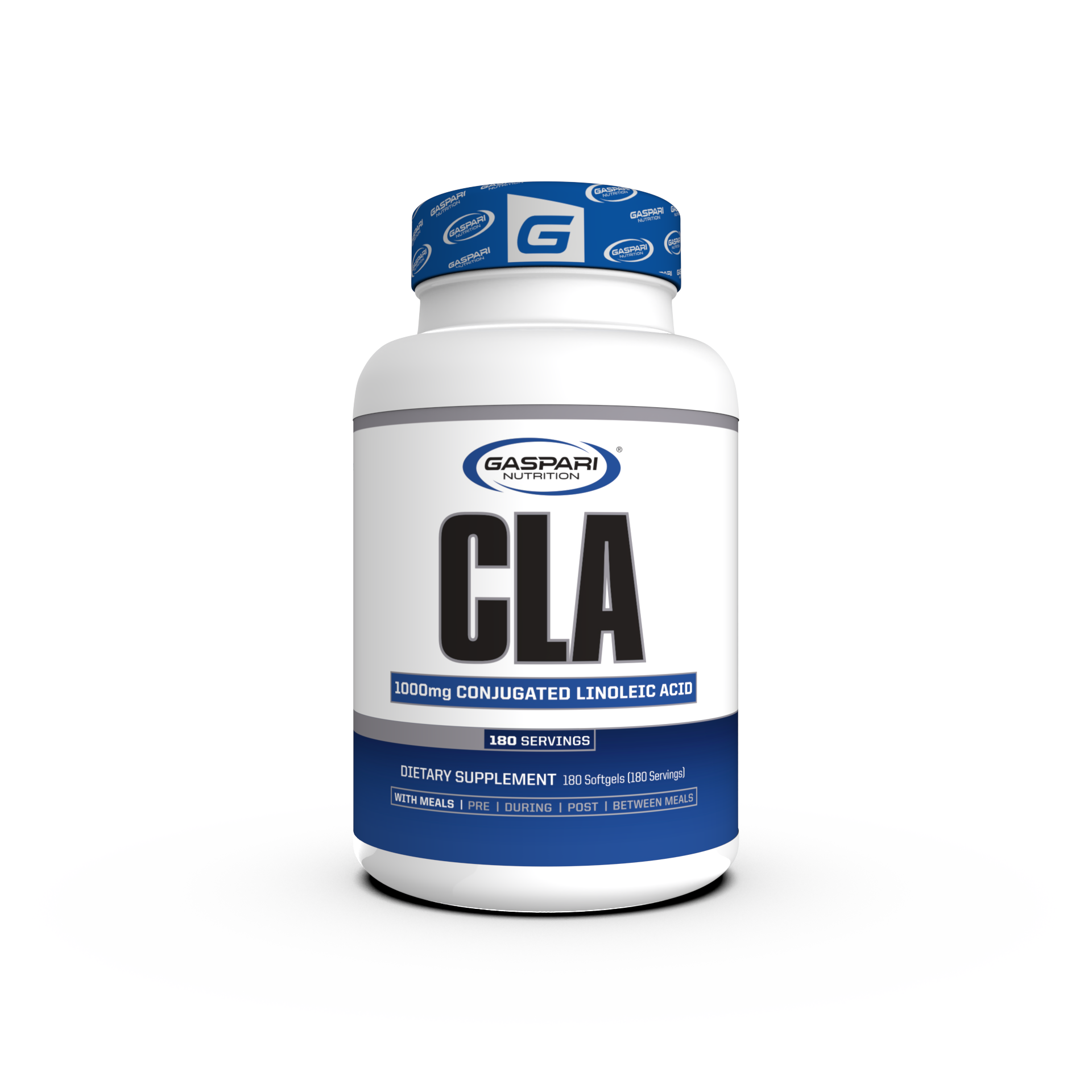



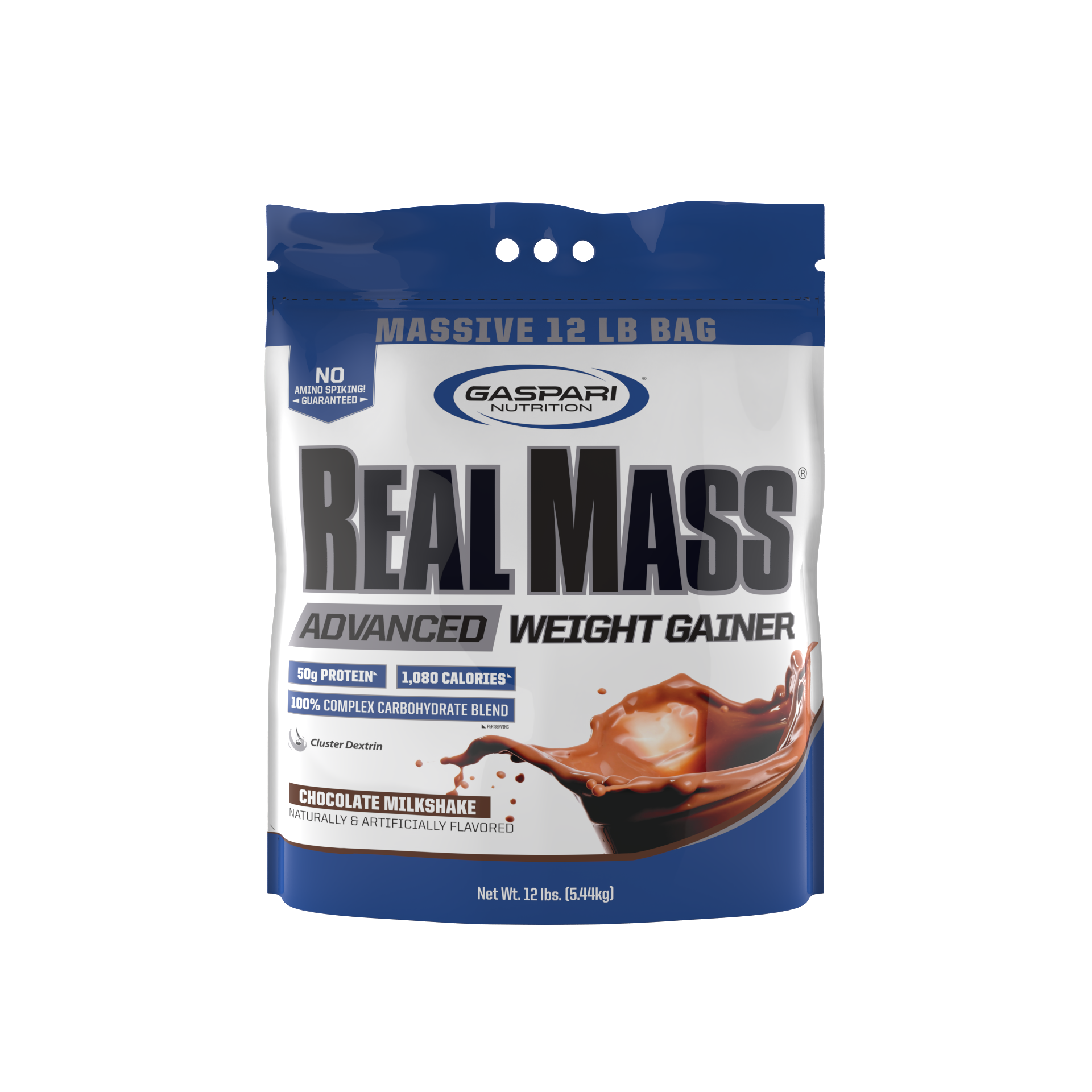











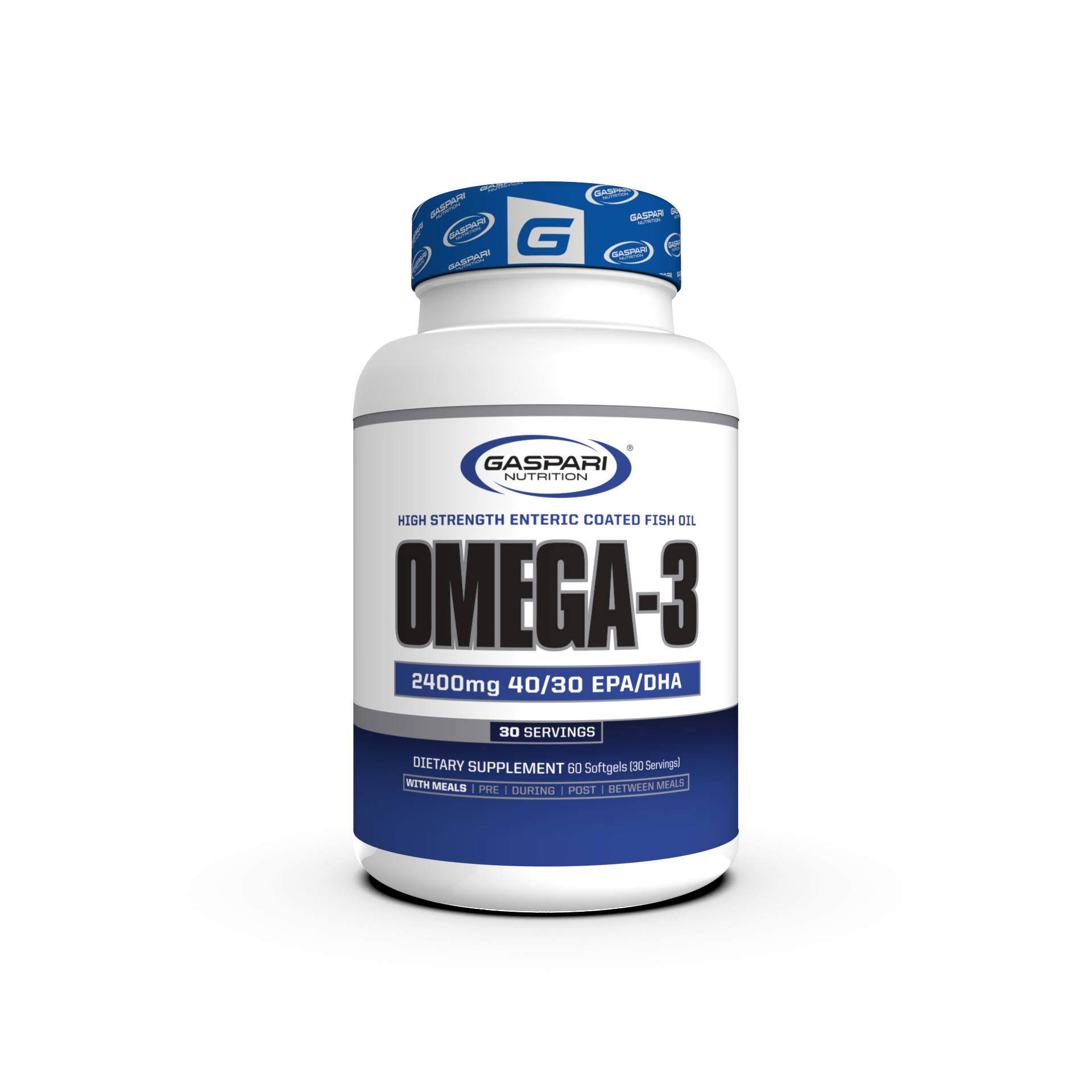



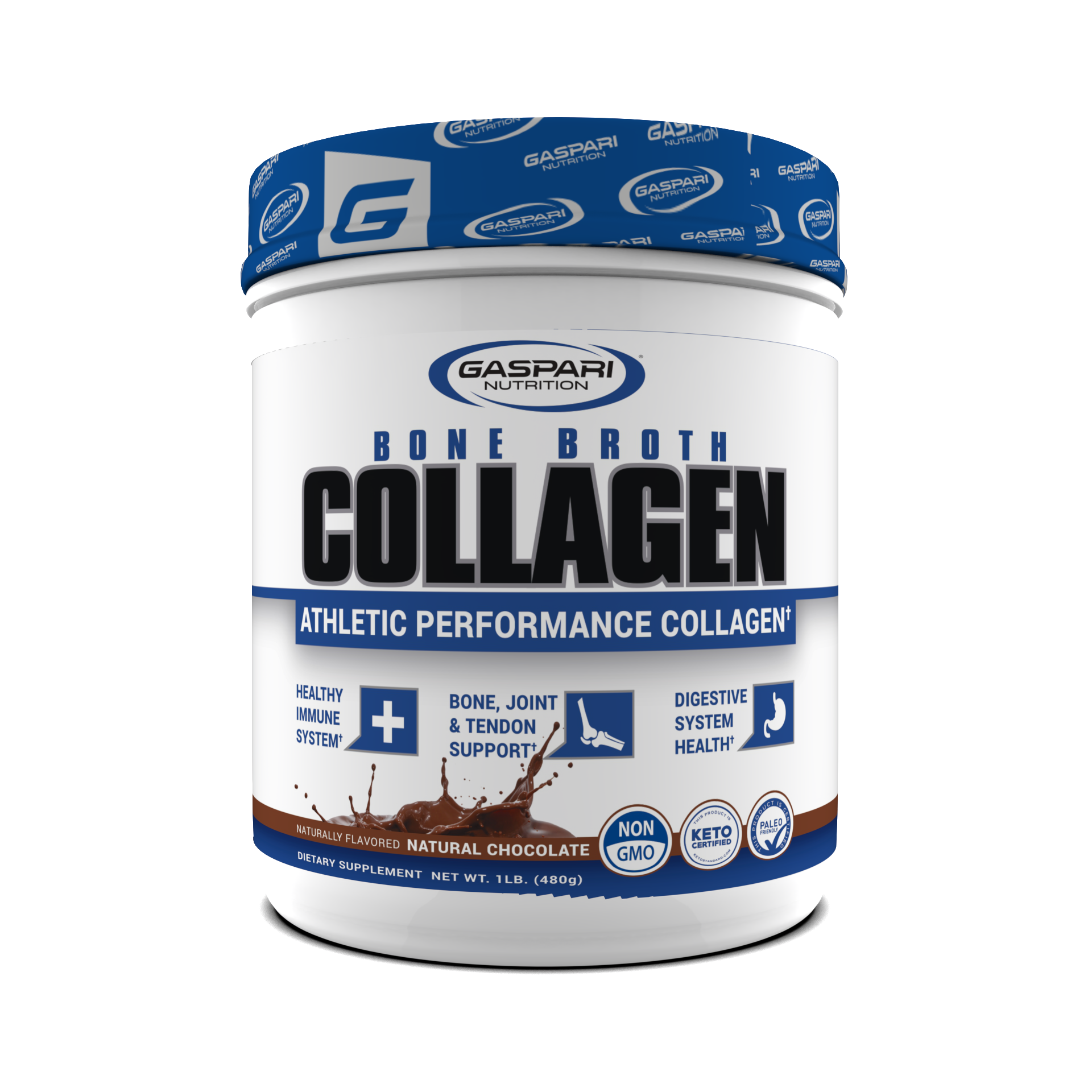



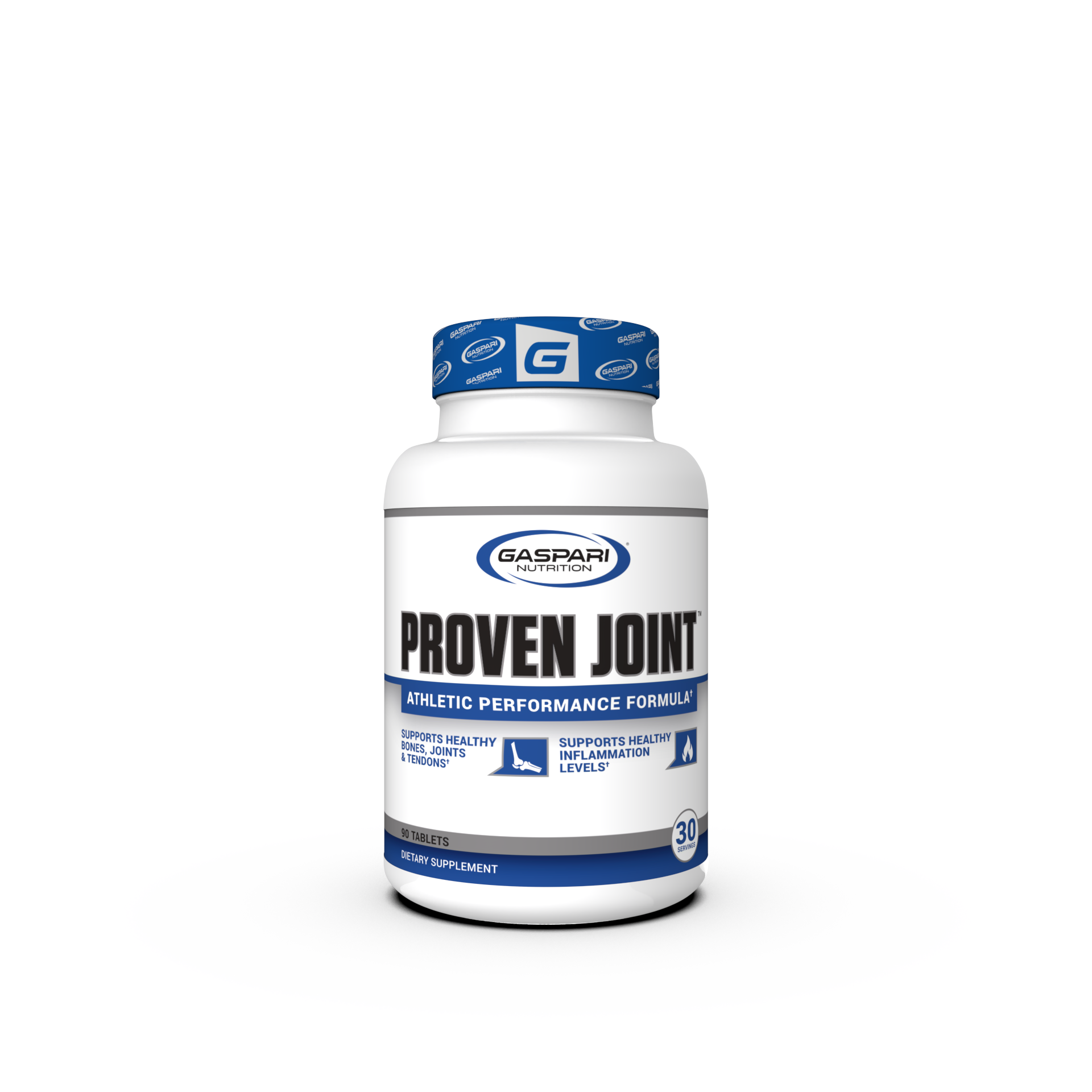











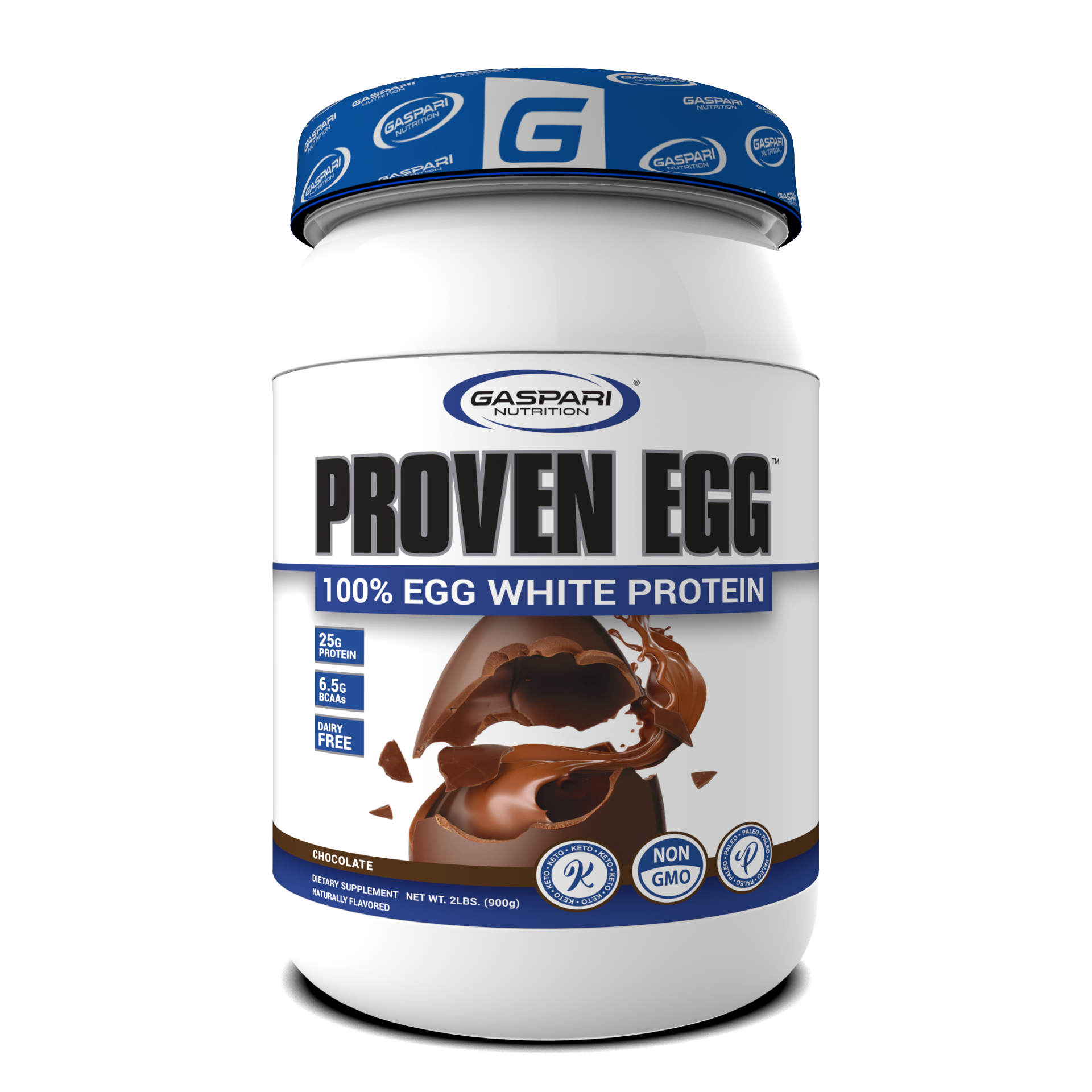

Share:
Best Post -Workout Foods To Help Build Muscle
Battle of the Bar: Chin-Ups vs. Pull-Ups